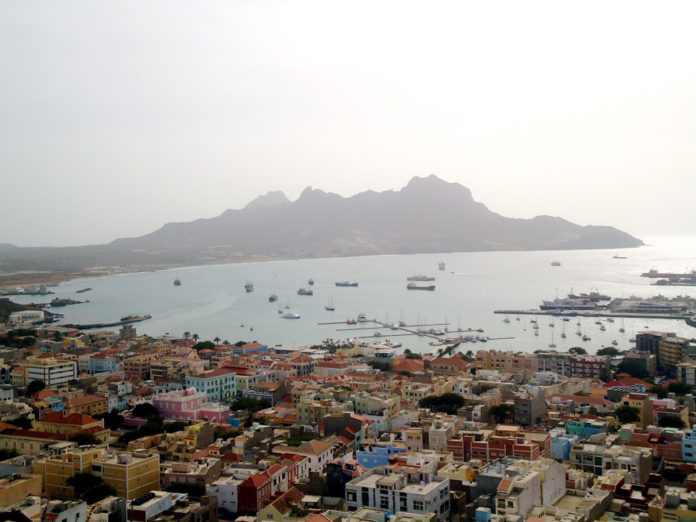Most Portuguese-speaking countries in Africa are expected to register an economic growth above the average of that for the whole continent in 2017, according to the ‘World Economic Situation and Prospects 2017’ report released by the Analysis and Economic Development Policy Division of the United Nations (UN) Department of Economic and Social Affairs.
According to the report, African countries Sao Tome and Principe and Mozambique will register the highest real gross domestic product (GDP) increase among other Lusophone countries in the continent, which are predicted to see an increase of 5.5 per cent year-on-year.
While Sao Tome and Principe are expected to keep a similar level of economic growth in 2018, Mozambique is forecast to record a higher year-on-year growth of 6.2 per cent in real GDP in 2018.
The growth rate is superior to the continent’s expected average GDP growth of 3.2 per cent for 2017 and that of 3.8 per cent for 2018 following the region experiencing ‘a sharp growth deceleration according to the report.
In fact, Sao Tome and Principe have recently terminated diplomatic ties with Taiwan and re-established relations with Mainland China after a two-decade interruption.
Representatives from the Forum for Economic and Trade Cooperation between China and Portuguese-speaking Countries (Forum Macau) have said that the organisation would welcome an African country to enter the organisation if a request is made and negotiations are initiated.
Two other African Portuguese-speaking countries, Guinea-Bissau and Cape Verde, are also expected to see yearly increases in GDP above the continent’s average in 2017, projected to grow by 4 per cent and 3.5 per cent year-on-year, respectively.
On the other hand, Angola – China’s largest Lusophone trading partner in Africa – is expected to see its GDP to grow modestly in the next two years – with projection of an increase of 1.8 per cent for 2017 and 2.8 per cent for 2018.
The report also points out China’s slowdown in economy since 2010 has driven down Africa’s economy due to the decrease in the country’s overall import volume from the continent, as well as its reduced investment and loans to African countries.
However, the report considers China’s growing middle class would provide an opportunity for African economies to profit from ‘its large domestic market and rising demand for consumption goods’, advising the continent’s economies to ‘diversify their export product structures’ and ‘prioritize policy measures to enhance productivity growth and competitiveness’.
























